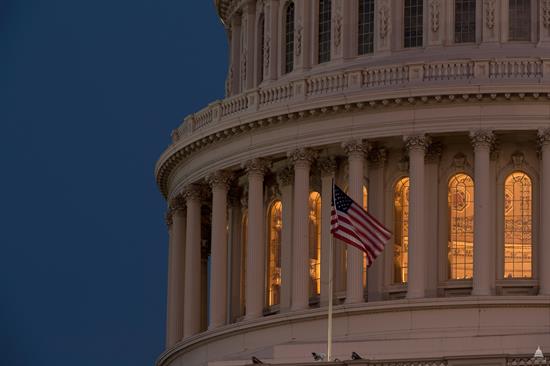(From the director of the Guatemala Human Rights Commission/USA, Sept. 5, 2018)
Dear Friends,
Guatemala is at risk of a coup, and it looks like once again with the support of the U.S. government.
The threat of an auto-coup has been in the air since President Jimmy Morales convoked a press conference on August 31 to announce he would not renew the mandate of the United Nations sponsored International Commission Against Impunity (CICIG). He stood amidst dozens of fatigue clad military officers and CICIG’s offices were surrounded with military jeeps.
The next day U.S. Secretary of State Mike Pompeo tweeted, “Our relationship with Guatemala is important. We greatly appreciate Guatemala’s efforts in counter-narcotics and security,” widely perceived as a show of support for Morales.
On September 3, the National Immigration Directorate announced that CICIG’s commissioner, Ivan Velasquez, would not be allowed to reenter Guatemala, in defiance of a May Constitutional Court ruling that the Migration Directorate could not bar Velasquez’s entry. On September 4, the Secretary General of the United Nations announced that the UN would continue to recognize Ivan Velasquez as the Commissioner of CICIG, conducting his functions from outside of Guatemala. A few hours ago, a group of representatives in the Guatemalan Congress that have been promoting the creation of a new constitution released a communication asserting that the Constitutional Court has repeatedly exceeded its constitutional mandate. As the Executive and the Judiciary defy the Constitutional Court, a technical coup or auto coup may be in progress.
The United States Department of State must clearly communicate that the US firmly stands with the Guatemalan Constitutional Court against any attempt to undermine its independence. The Constitutional Court may well be called on to decide the fate of CICIG and its commissioner Ivan Velasquez. CICIG has been the most successful effort to end impunity and clean up the justice system in the region.
Please, call – (202) 224-3121- or write your Representative and Senators to ask that they demand that the State Department affirm its commitment to the rule of law in Guatemala, particularly to safeguarding the ongoing independence of the Constitutional Court. You can also contact their district office to find out which staff people would follow issues in Guatemala and develop ongoing correspondence with them.
Evoking memories of military coups, Jimmy Morales announced he intends to end CICIG’s mandate
amidst dozens of fatigue clad military officers in what looked like the threat of an auto coup.
On August 10, CICIG and the Public Ministry presented an impeachment request against Jimmy Morales for not reporting over $1 million cash that was given to voting table monitors from Morales party on the day of the national election. On August 23, the Guatemala Supreme Court found that the impeachment of Morales could proceed, and on August 28 the congressional commission overseeing the impeachment was formed by lottery.
The top concern now is securing the safety and ongoing independence of the Guatemalan Constitutional Court. Many questions have been raised about the legality both of President Morales’ communication to the United Nations while he is under impeachment and of the bar on Ivan Velasquez’s entry to Guatemala. Both of these questions will eventually be decided by the Constitutional Court.
There is currently tremendous pressure on the Constitutional Court. President Morales’ administration is essentially threatening an auto-coup, through images and military deployments. This has been in the air since Friday when military surrounded not only the CICIG installations but also offices of leading human rights organizations, and President Morales gave his press conference amidst approximately 50 fatigue clad military officers, conjuring up memories of the press conferences in the 1970s and 1980s that announced new military juntas had grab control of government. It is a message received loud and clear even without stating anything directly.
On Monday the Guatemalan Constitutional Court ruled that the operations of the San Rafael gold mine will remain suspended until a consultation of the indigenous communities affected by the operation had been completed. This was a highly charged decision that challenged the interests of the economically powerful sector aligned with President Morales. In May the State Department urged the Constitutional Court to re-open of the San Rafael mine, prioritizing the economic interests of one US mining company over rule of law and the economic well-being of an entire region. That confrontation is still fresh in the public conscience in Guatemala.
The State Department must make it clear that the United States firmly stands with this Constitutional Court against any attempt to undermine its independence, particularly now as the Constitutional Court may well be called on to decide the fate of CICIG and its commissioner Ivan Velasquez.
Please, call – (202) 224-3121- or write your Representative and Senators to ask that they demand that the State Department affirm its commitment to the rule of law in Guatemala, particularly to safeguarding the ongoing independence of the Constitutional Court. You can also contact their district office to find out which staff people would follow issues in Guatemala and develop ongoing correspondence with them.
You can also contact their district office to find out which staffpeople would follow issues in Guatemala to develop ongoing correspondence.
Many Thanks,
Annie Bird




